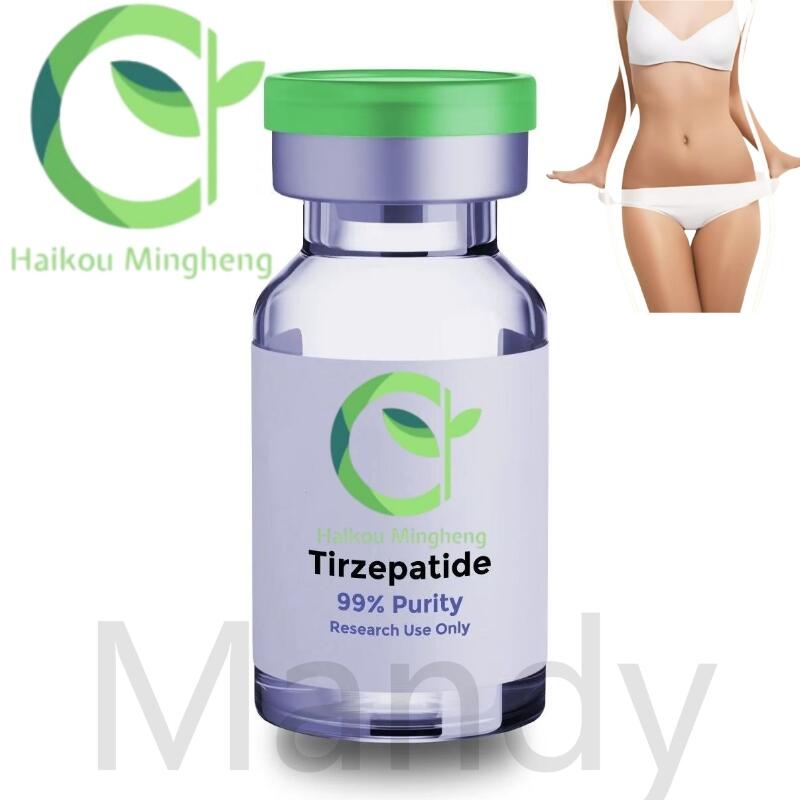Scientists found the viral protein that causes severe dengue
-
Last Update: 2015-09-11
-
Source: Internet
-
Author: User
Search more information of high quality chemicals, good prices and reliable suppliers, visit
www.echemi.com
Washington, Sept 9 (Reporter Lin Xiaochun) two studies published in the US journal of Science Translational Medicine showed that a viral protein is the main cause of bleeding, shock and even death in patients with severe dengue fever In the future, the scientific community is expected to develop dengue drugs and vaccines on this basis Research shows that when dengue virus infects cells, it will release 10 kinds of proteins, among which NS1 protein is the main cause of bleeding, shock and even death in severe dengue patients Researchers at the University of California, Berkeley, found that NS1 directly activated TLR4, a cell surface receptor, leading to inflammation, which further damaged human endothelial cells, leading to blood vessel leakage and bleeding Using a compound that blocks TLR4 to treat experimental mice infected with dengue fever can significantly reduce blood vessel bleeding EVA Harris, a professor at the University of California, Berkeley, who led the study, said NS1 was "the missing piece of puzzle" in the pathogenesis of dengue and its role in severe dengue has been ignored Their research shows that NS1 should be regarded as the main target of drug development and also be considered in vaccine development In another study, researchers at the University of Queensland in Australia found that NS1 proteins from four different types of dengue viruses can damage human endothelial cells, causing bleeding NS1 protein antibody can protect experimental mice from severe dengue fever Paul Young, a professor at the University of Queensland who led the study, said that NS1 is like a viral toxin, and its mechanism is basically the same as that of some bacterial toxins in triggering systemic inflammation in septicemia, so it can be used as a candidate drug for septicemia to treat dengue fever The clinical trials are expected to be carried out within two years Dengue fever is an acute viral infectious disease transmitted by mosquitoes, which infects about 400 million people every year Its typical symptoms are fever, headache and joint pain A few patients will develop severe dengue fever, clinical manifestations of bleeding and shock There is no effective treatment or vaccine for dengue fever, and patients mainly receive supportive treatment.
This article is an English version of an article which is originally in the Chinese language on echemi.com and is provided for information purposes only.
This website makes no representation or warranty of any kind, either expressed or implied, as to the accuracy, completeness ownership or reliability of
the article or any translations thereof. If you have any concerns or complaints relating to the article, please send an email, providing a detailed
description of the concern or complaint, to
service@echemi.com. A staff member will contact you within 5 working days. Once verified, infringing content
will be removed immediately.







